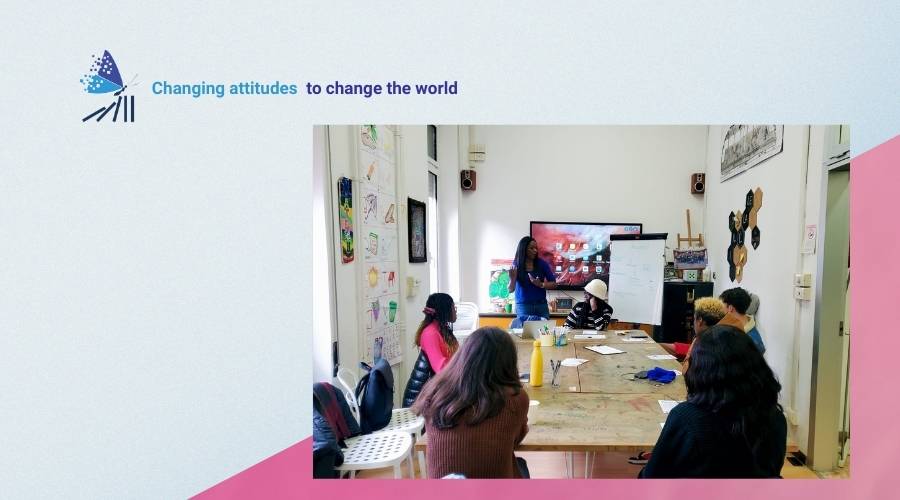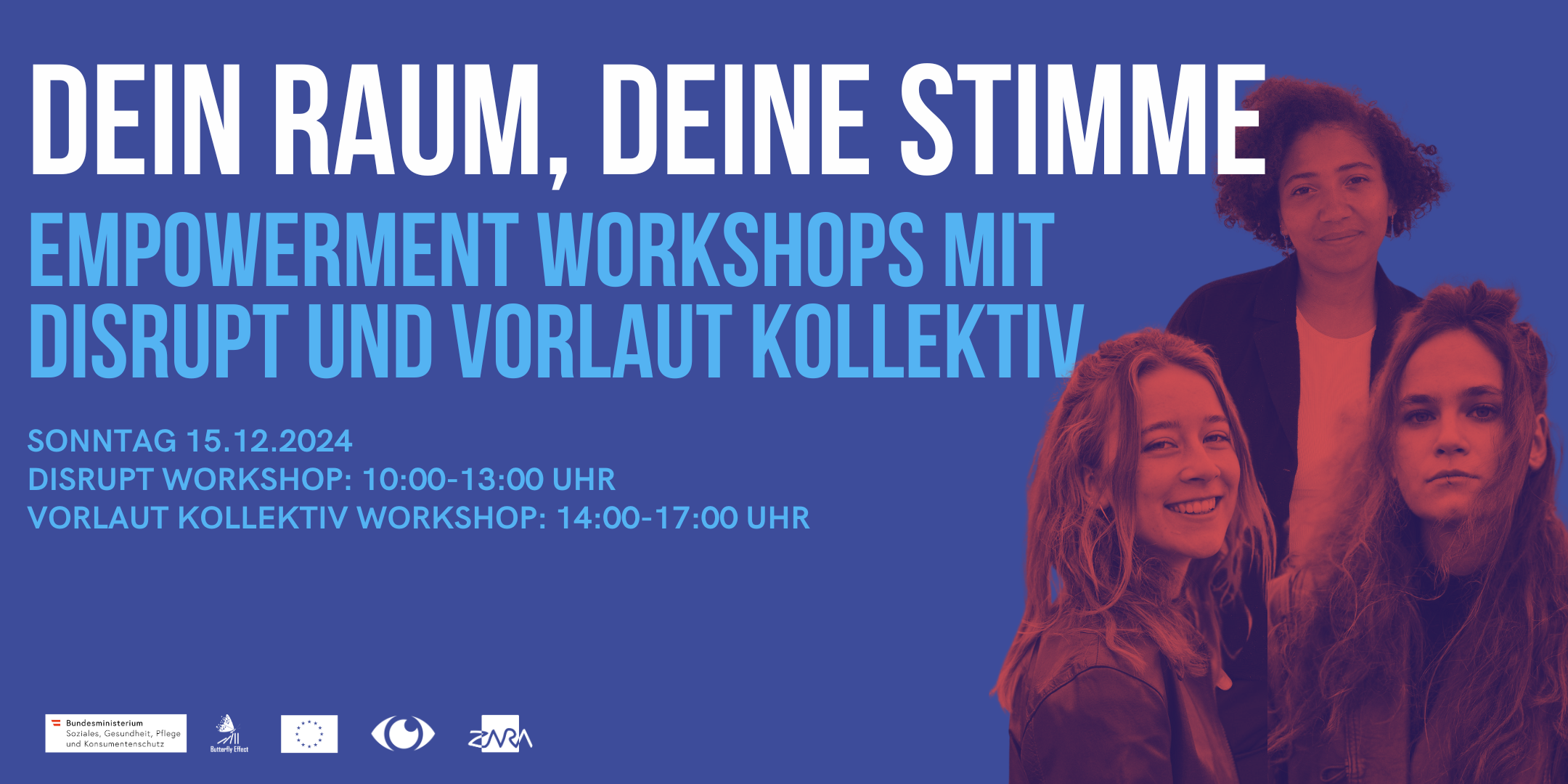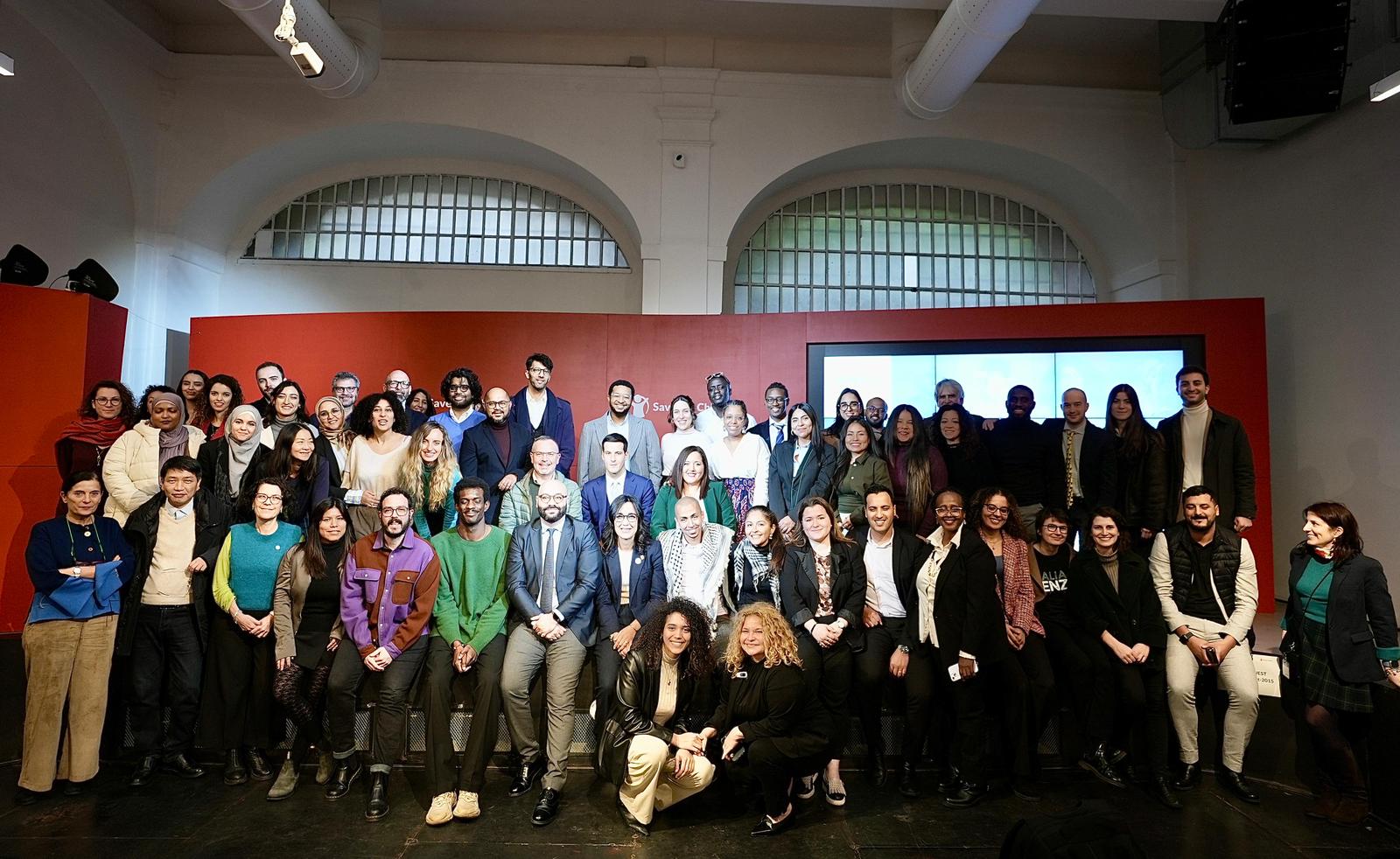Within the Butterfly Effect project, a European research is being conducted to outline the characteristics and impact of racism and hate incidents among young people and to understand how to prevent and address these phenomena. The research included focus groups, semi-structured interviews and questionnaires to young people in the 4 project countries (Italy, Greece, Austria, Croatia). Concerning Italy, COSPE carried out focus groups in Florence and Rome. The aim of the focus groups is to collect experiences, reflections, emotions, perceptions, reactions, and proposals that racialized and non-racialized people face hate crimes and hate speech within a safe and non-judgmental discussion space.
On 20 January 2024 a focus group with 8 participants took place at the MaTeMù youth center of CIES in Rome with the facilitators Cinzia Adanna Ebonine and Sonila Tafili. The participants were young people working in educational, psychological, intercultural mediation or engaged in activism.
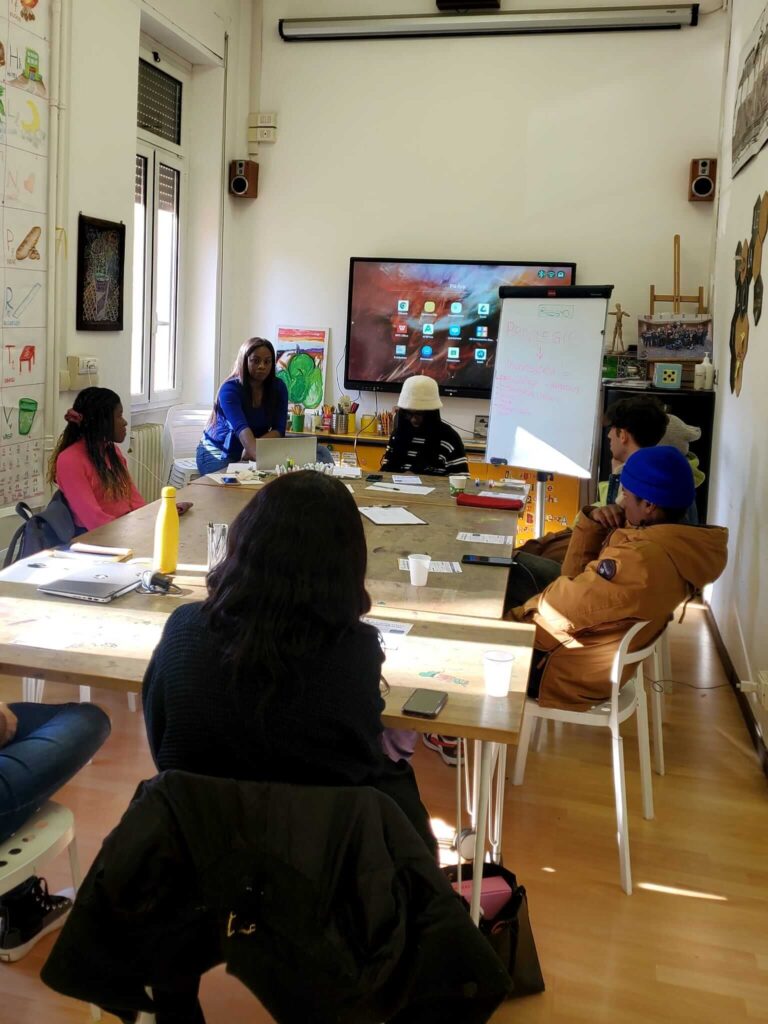
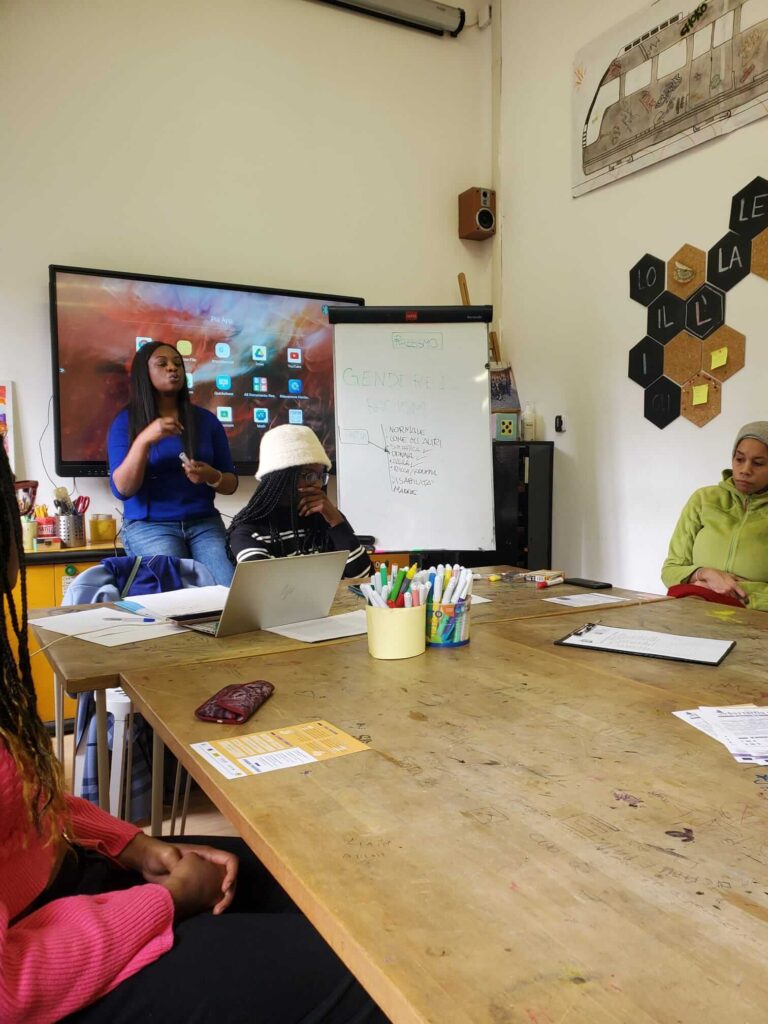
Through specific questions, the following issues were addressed: racism, feeling racialized (with the possibility of telling lived episodes), intersectionality with sexism and classism, privilege, hate crimes and proposals for action.
To the question “what is racism for you?“, participants referred to the concepts of inequality, superiority/inferiority, ignorance and fear of diversity. A participant said: “Thinking that not all people have the same rights. It refers to the fact that there are first-class and second-class people“. Another participant said: “There are different racisms within racism”.
The racism incidents and microaggression recounted related to: the school context, with discrimination and humiliation carried out by teachers (7 out of 8 participants) and exclusion and acts of contempt by peers; public transport; difficulties in finding work.
A participant said that at school, in shops, in hospital, she perceived that the fact of being black influences the opinions and approach that people have towards her. In particular, in the school context she experienced situations that made her feel bad. She noticed that teachers had unequal treatment in the evaluation of tests, giving higher marks to her classmates even though they did not perform brilliantly.
Another person said that she did not experience racism at school or at least never noticed it. She reports racist incidents from schoolmates, which she minimized at that time, as she sought peer approval, but which still made her feel bad. She adds that she experienced discrimination in the search for a job, finding it with difficulty after a long period of time, and hypothesising moving to another context after finishing her university studies.
Another participant said: “I don’t trust people very much, I feel like a stranger by skin, colour, nature. I feel the useless jokes that hurt me and I wonder if I am the wrong person. I think we are all the same“.
Sharing lived experiences gave the participants the opportunity to reflect and analyse their reactions to those hate incidents, the level of awareness of the perpetrator and the stance of the bystanders. It emerged that sometimes awareness does not occur immediately. Moreover, those episodes were not reported to institutional help services by the participants. There is a lack of knowledge of the spaces to which discriminations can be reported, combined with a mistrust of institutions and a fear of not being taken seriously.
The facilitators proposed a list of help desks and services to reporting [the list can be consulted here: Anti-discrimination Centers
The following proposals for action to counter hate speech and hate crimes emerged: the importance of education (in particular managing emotions); addressing these issues also within families; creating safe sharing spaces; training teachers; informing online and on TV; networking for social workers.

